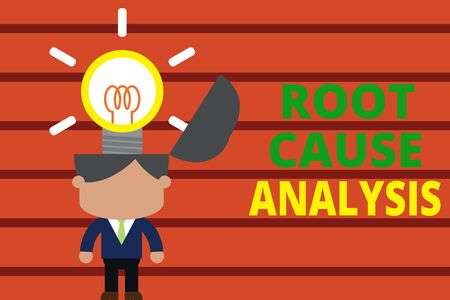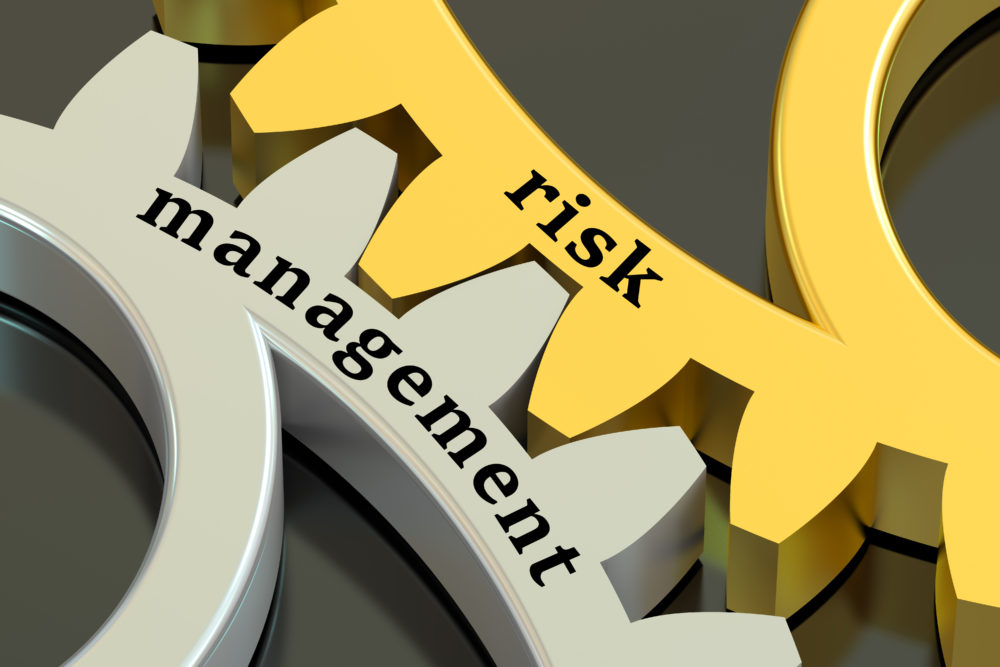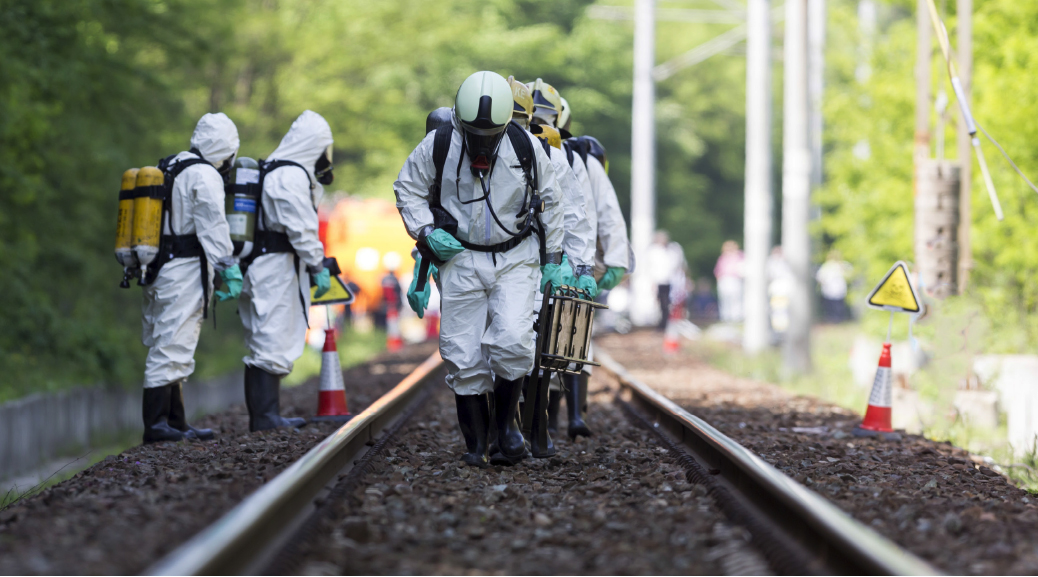

Course Key Learning:
After completing this course you will be able to:
This course is appropriate for everyone involved in the incident investigation – root cause analysis.
This interactive Training will be highly interactive, with opportunities to advance your opinions and ideas and will include;
Traditional approach to accident prevention
ACCIDENT theories
ACCIDENT CAUSATION
ACCIDENT PREVENTION PROGRAM
ACCIDENT / INCIDENT INVESTIGATION
ROOT CAUSES ANALYSIS
How RCA's Work
CDGA attendance certificate will be issued to all attendees completing minimum of 80% of the total course duration.
| Code | Date | Venue | Fees | Register |
|---|---|---|---|---|
| HSE172-02 | 11-05-2026 | Kuala-Lumpur | USD 5950 | |
| HSE172-03 | 16-08-2026 | Dubai | USD 5450 | |
| HSE172-04 | 01-11-2026 | Manama | USD 5450 |

An essential part of risk and incident analysis is to provide management with decision making criteria for determining and subsequently establishing an organisation’s range of acceptable, tolerable an ...

Managing risk is increasingly being recognized as a critical management skill. Risk uncertainty, assessment, and management, when used correctly is a highly effective problem solving tool for line- m ...

In spite of all our best efforts, accidents and incidents occasionally occur. These unplanned or undesired events can adversely affect a company’s work operations and may include work-related injuries ...

Industries involving the use of, storage of, or handling and transporting of hazardous or combustible materials possess potentially serious fire, life safety and environmental hazards if safe practice ...
Providing services with a high quality that are satisfying the requirements
Appling the specifications and legalizations to ensure the quality of service.
Best utilization of resources for continually improving the business activities.
CDGA keen to selects highly technical instructors based on professional field experience
Since CDGA was established, it considered a training partner for world class oil & gas institution
3012, Block 3, 30 Euro Business Park, Little Island, Co. Cork, T45 V220, Ireland
Mon to Fri 09:00 AM to 06:00 PM
Contact Us anytime!
Request Info